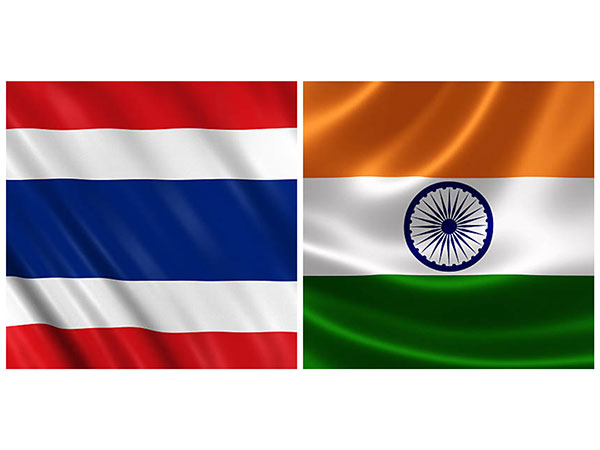Kingston [Jamaica], September 24 (ANI): According to new research, individuals who are gestational carriers (also known as “surrogates”) may be more susceptible to severe complications during pregnancy and the early postpartum period, hypertension during pregnancy, and postpartum hemorrhage than those who conceive naturally or through IVF.
New research from ICES and Queen’s University.
Those who are not otherwise able to carry a pregnancy are assisted in becoming pregnant by gestational carriers, who also give birth to their offspring. It is unclear if there is a greater chance of serious health consequences for newborns and gestational carriers, both throughout pregnancy and after delivery.
One of the first significant population-based studies comparing health outcomes for three distinct methods of conception–unassisted, in vitro fertilization (IVF), and gestational carriage–has examined connected health databases.
“The study was prompted by an increased in the use of gestational carriers worldwide and a lack of information about the impact of this reproductive modality on pregnancy outcomes, for the gestational carrier and the offspring,” says lead author Dr. Maria Velez, an adjunct scientist at ICES and at the time of this study, an associate professor in the department of Obstetrics and Gynaecology at Queen’s University. Velez is currently an associate professor and a clinician scientist at McGill University and the Research Institute of the McGill University Health Centre (RI-MUHC)
The study, published in the journal Annals of Internal Medicine, included 863,017 singleton births at more than 20 weeks’ gestation in Ontario, Canada, between 2012 and 2021. The groups included 846,124 (97.6%) who were conceived without assistance, 16,087 (1.8%) by IVF, and 806 (0.1%) using gestational carriers.
The researchers analyzed severe maternal morbidity (SMM) and severe neonatal morbidity (SNM), which combine many different health indicators for both birthing people and babies. They also assessed hypertensive disorders (such as pre-eclampsia), cesarean delivery, preterm birth, and postpartum hemorrhage.
One limitation of the study was that there was a lack of information about why gestational carriage was chosen by the intended parents, egg and sperm donor sources, the type of IVF used, and reasons why people chose to become gestational carriers. Future research could help to assess whether any of these factors would impact the health outcomes of the pregnant person or the baby.
“Clinicians involved in the care of individuals and couples who need a gestational carrier to build their family should counsel their patients and the gestational carriers about the potential risk during pregnancy and early postpartum,” says Velez.
“There are guidelines about the eligibility criteria to minimize the risk of pregnancy complications among gestational carriers,” she adds. “However, these guidelines are not always strictly followed.”
The study, “Severe Maternal and Neonatal Morbidity Among Gestational Carriers: A cohort Study” was published in Annals of Internal Medicine. (ANI)
Disclaimer: This story is auto-generated from a syndicated feed of ANI; only the image & headline may have been reworked by News Services Division of World News Network Inc Ltd and Palghar News and Pune News and World News
HINDI, MARATHI, GUJARATI, TAMIL, TELUGU, BENGALI, KANNADA, ORIYA, PUNJABI, URDU, MALAYALAM
For more details and packages

















